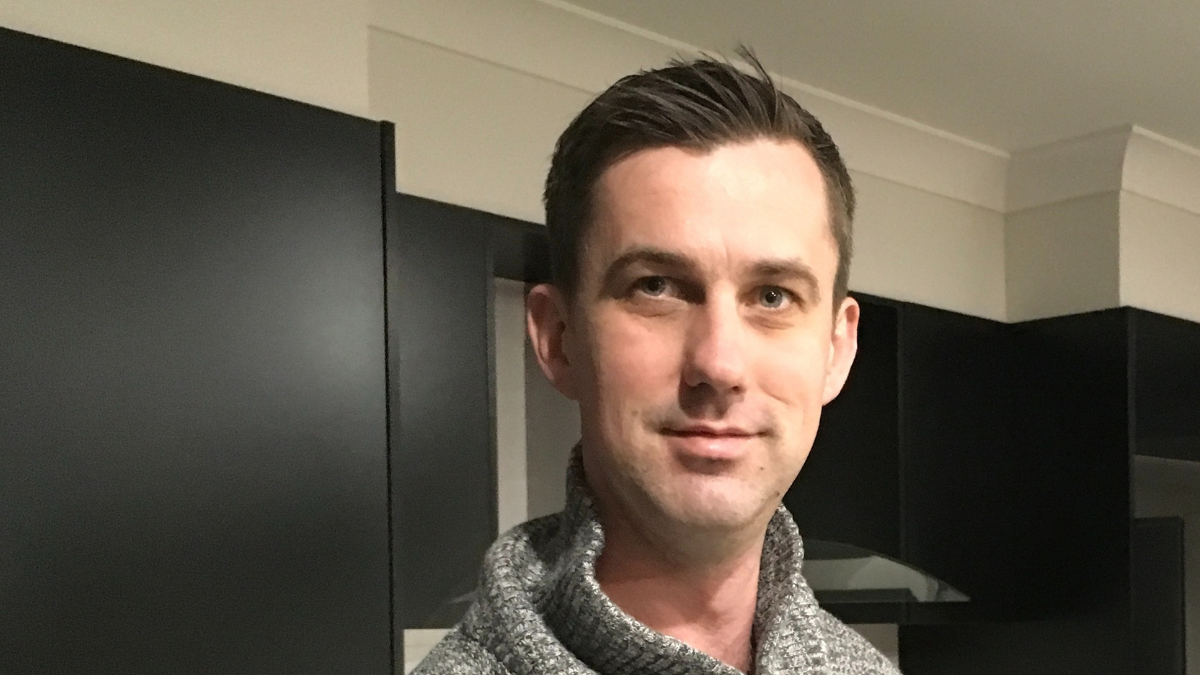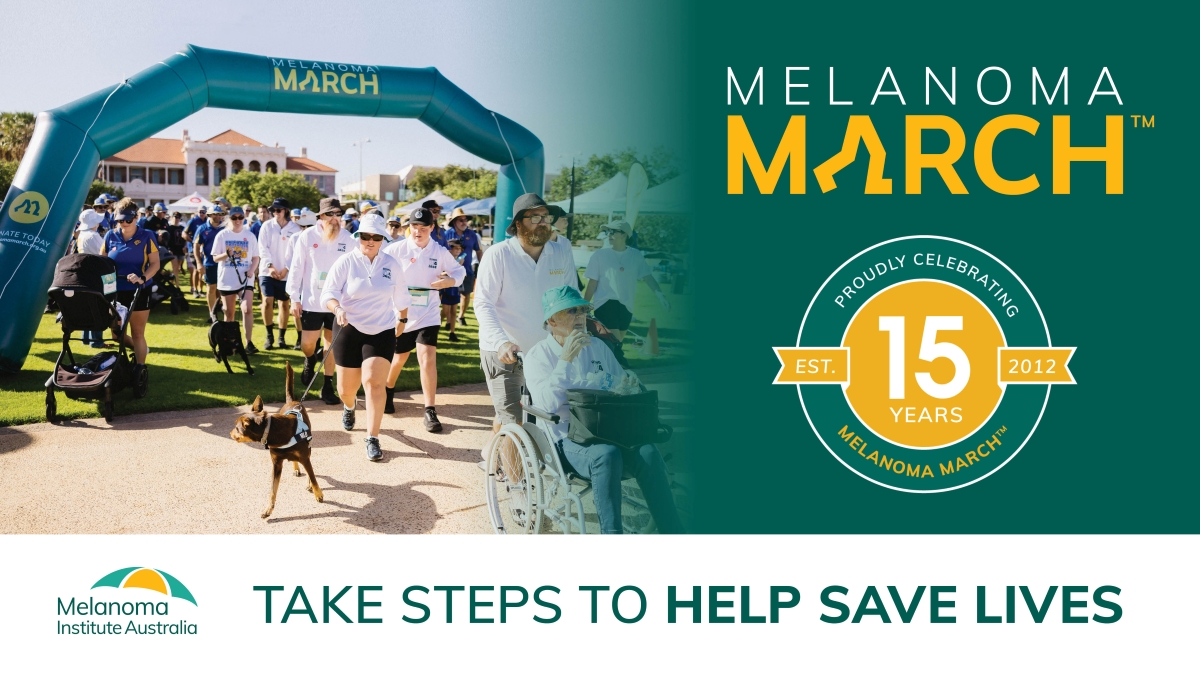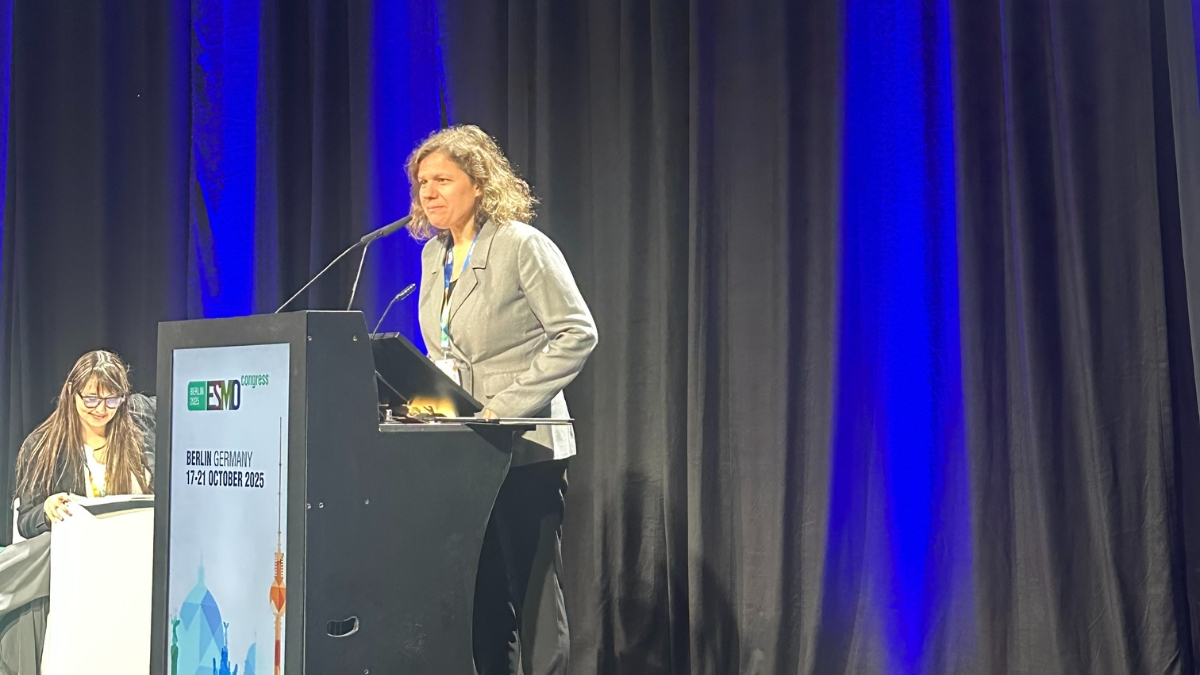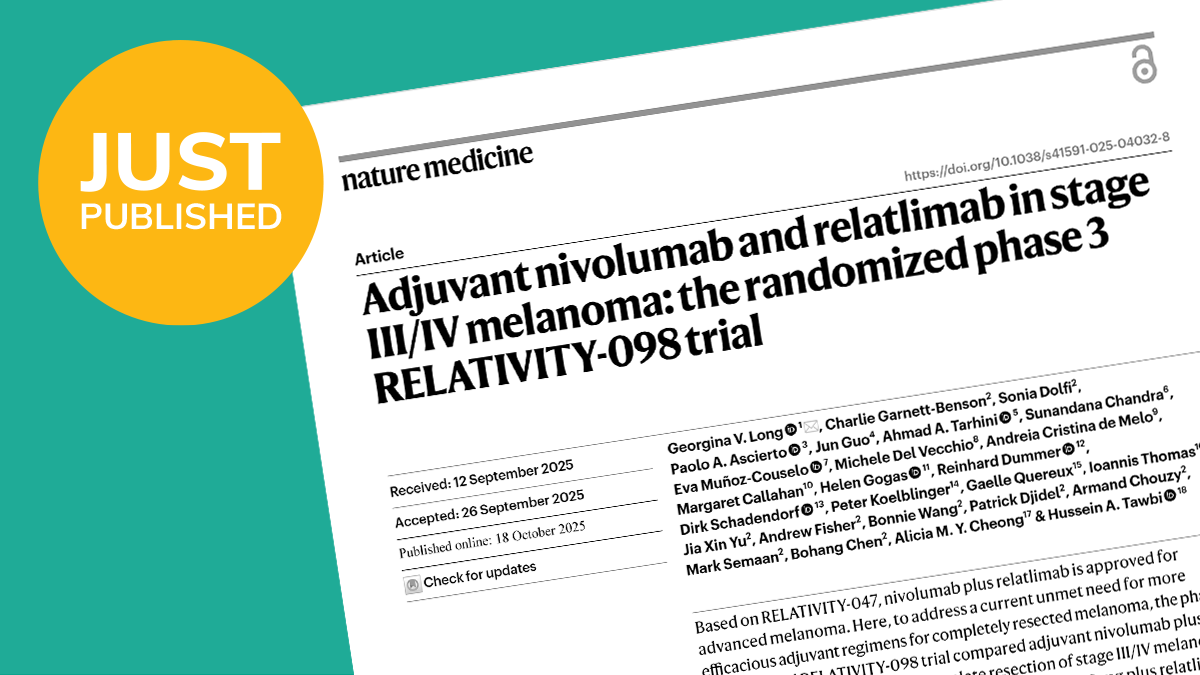The commitment, generosity and vision of our donors is always inspiring – and often it is humbling, like the desire of the Garrow family to remember a dearly loved family member by setting up the Ben Garrow PhD Scholarship.
Melanoma Institute Australia’s mission is zero deaths from melanoma this decade. Our ground-breaking research, life-saving treatments and world-class patient initiatives, including our clinical trials program, are key to us reaching that goal.
Philanthropy has never been more important and we are so grateful to our many generous donors who support us. Their commitment and vision is always inspiring. And often it is humbling – like the desire of the Garrow family to remember a dearly loved family member by setting up the Ben Garrow PhD Scholarship.
Ben, a much loved son, husband and brother died in 2020 less than a year after he was diagnosed with melanoma. Ben’s melanoma spread rapidly to his brain, and he passed away in September last year at just 39 years old.
Determined that other families would not have to endure the same pain and loss, Ben’s mother Christine, his brothers Edward and Matthew, and father Nigel decided to establish a scholarship to support a PhD student whose work focuses on saving lives from melanoma. Jorja Braden, whose research includes trying to identify the specific genetic profile of melanomas that metastasise quickly to the brain, was the recipient of their PhD scholarship.
Below is a letter from Nigel – paying tribute to Ben’s courage and explaining why the family has decided to channel their grief in this way:
“In September last year, Christine, Edward, Matthew and I lost our loving and lovely son and brother, Ben, to cancer. It all happened very quickly. 11 months before Ben left us he was given the initial diagnosis. We were stunned, but always hoping that the treatment he was to be given would cure the problem; we never lost hope. Most amazing of all was Ben’s demeanour through all this; although he had his ‘down’ periods he also had many more ‘smiling’ periods. Equally amazing was the support and love given to Ben by his wife, Natalie. Seeing how important they were to each other, and supportive of each other, was inspiring. We lost Ben just 6 weeks before his 40th birthday. But he is always in our thoughts!
Ben was inspiring to us, and we miss him. We reflected on what we might do to help, to support those researchers who are seeking to improve the timeliness of diagnosis so that others don’t go through what Ben did, be it the patient or family members. This led us to MIA and the great work that they do. By setting up the Ben Garrow PhD Scholarship, our focus is on supporting a doctoral student in her research, to help improve the prospects of melanoma patients in the future.
As I write this it brings tears to my eyes. When I read stories from others who have lost a family member to cancer in the very short period that we lost Ben, the feelings in them truly resonate.”
Jorja Braden – Recipient of the Ben Garrow PhD Scholarship
A gifted young melanoma oncology fellow doing her PhD, Jorja is supervised by MIA’s Co Medical Directors – Professor Richard Scolyer AO and Professor Georgina Long AO. Jorja benefits from regular contact with and mentoring by two of the world’s leading melanoma specialists.
One of the research projects Jorja is working on focuses on identifying the genes involved in the type of melanoma that spreads early on to the brain.
A primary melanoma of the skin that spreads to the brain (known as metastasis) typically occurs late in the disease process once melanoma has spread to other parts of the body first, like the liver, bones or lungs. They also usually arise inpatients who have thick primary tumours. However, for about 1 in 5 patients with brain metastases, the first distant location their melanoma spreads to is the brain. Surprisingly, these patients usually had thin and non-ulcerated primary melanomas – characteristics that would typically give them a more favourable prognosis.
Early detection of melanoma in the brain is critical as treatment is more effective when lesions are small and before symptoms, like seizures and paralysis, have begun. Being able to identify early on which patients are more likely to get brain metastases could be life-saving.
This is a very complex project, worked on by a number of researchers. It is difficult to accurately estimate how long Jorja will be involved in it but it could be between 18 months and two years, especially given the additional challenges posed by COVID.
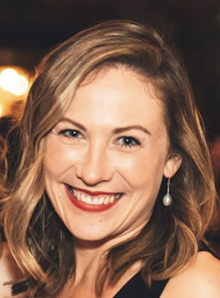
Interested in supporting MIA research?
MIA is indebted to the generosity of all our donors, particularly families like the Garrows who have lost loved ones to the disease.
If you are interested in assisting us in reaching our mission of zero deaths from melanoma, please contact Jodie by phone (02) 9911 7266, or by email donate@melanoma.org.au.
